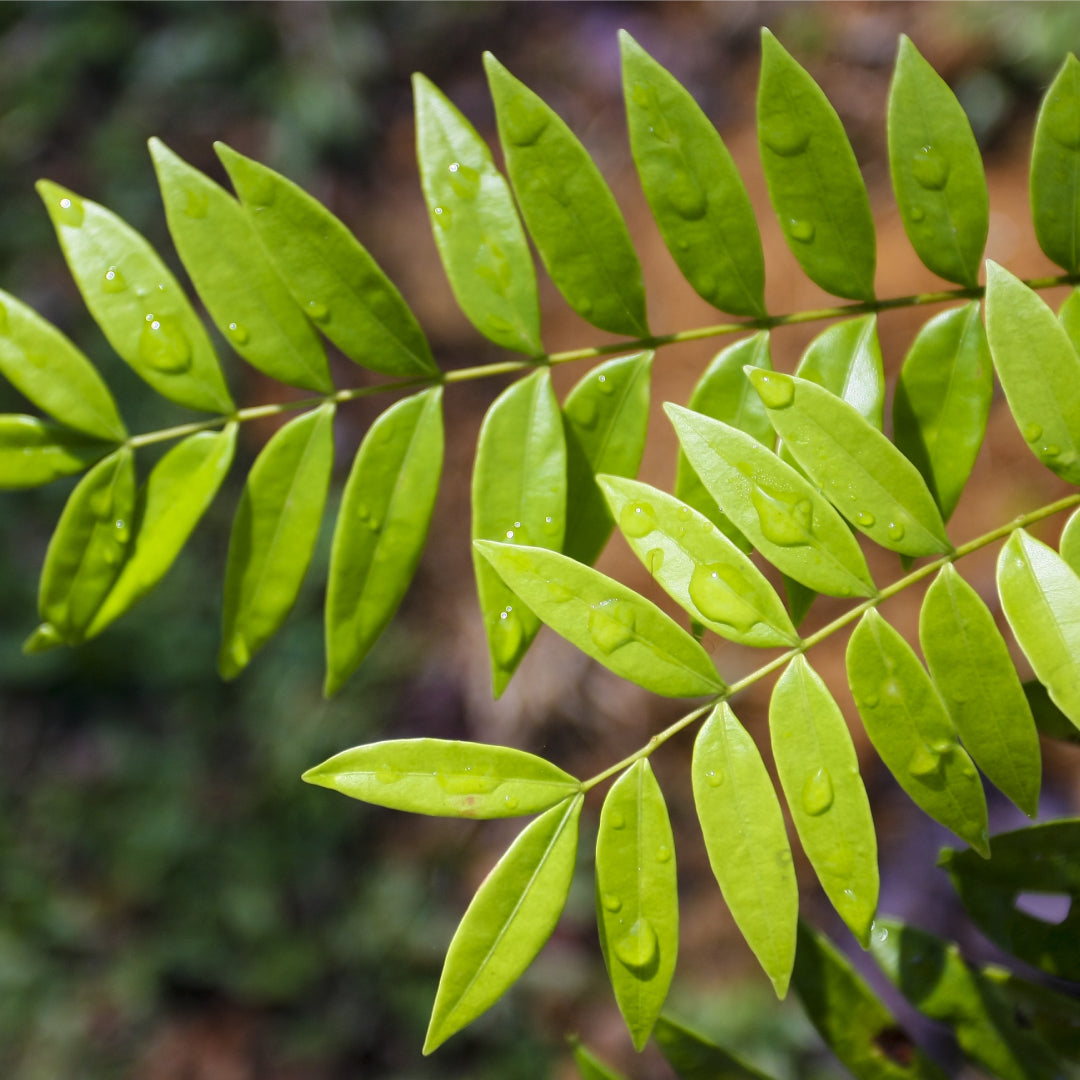
Unleash the Power of Tongkat Ali: Discover the Benefits of this Herb
The Iron Man of ingredients, enhancing strength, stamina, and energy to fight against fatigue, stress, and low libido, could be your new legendary supplement.
Tongkat Ali, also known as Eurycoma longifolia, is a traditional herb commonly used in Southeast Asia for its various health benefits. Tongkat Ali is also known as the "Asian Viagra" due to its ability to boost sexual performance and libido.
So, let's give a round of applause for Tongkat Ali, the natural way to boost your power and take on the world like a champion!
Tongkat, as an endocrine adaptogen, influences several hormones and hormone precursors. It boosts testosterone levels, increases IGF-1, DHEA, and pregnenolone levels, while reducing estrogen and cortisol levels. In regions where it has a long-established tradition of use, both men and women consume tongkat to balance hormones and alleviate stress and fatigue.
Some of the potential benefits of Tongkat Ali include:
- Increases testosterone levels: Tongkat ali has been shown to increase testosterone levels in men. A study published in the Asian Journal of Andrology found that supplementing with Tongkat Ali increased testosterone levels by 37% after just one week of use (1).
- Enhances sexual performance: Tonkat ali is often used as a natural remedy for sexual dysfunctions, such as erectile dysfunction and low libido. A study published in the Journal of Ethnopharmacology found that Tongkat Ali improved sexual performance in animal studies (2).
- Boosts energy levels: Tongkat Ali is believed to have energy-boosting properties, making it a popular ingredient in energy drinks and supplements. A study published in the Journal of the International Society of Sports Nutrition found that Tongkat Ali supplementation improved physical performance and reduced fatigue in healthy adults (3).
- Supports athletic performance: Tongkat Ali has been shown to improve athletic performance, particularly in strength and endurance activities. A study published in the Journal of Sports Science and Medicine found that Tongkat Ali supplementation improved physical performance in athletes (4).
- Reduces stress and anxiety: Tongkat Ali has been found to have anxiolytic and anti-stress effects, making it a useful remedy for those suffering from anxiety and stress. A study published in the Journal of Ethnopharmacology found that Tongkat Ali reduced anxiety-like behavior in animal studies (5).
Overall, Tongkat Ali is a promising natural remedy with a range of potential benefits for overall health and wellness.
Disclaimer: The above article is merely a guide and is in no way a recommendation or a treatment protocol for any health conditions or diseases. You should always consult with a qualified health care provider before changing your supplement, training or nutritional strategy. Supplementation should not be attempted by pregnant or breastfeeding women, anyone on prescription medication or children under the age of 15 unless advised by your qualified health care provider.
References:
- Tambi, M. I. M., Imran, M. A., & Henkel, R. R. (2010). Eurycoma longifolia Jack in managing idiopathic male infertility. Asian Journal of Andrology, 12(3), 376-380.
- Abdulmanap, M. Y., Sharpe, K., & Abdullah, N. (2010). Effects of Eurycoma longifolia Jack on sexual qualities in middle-aged male rats. Journal of Ethnopharmacology, 127(3), 704-709.
- Jones, A., Naylor, L. H., & Willems, M. E. (2015). The effects of a commercially available botanical supplement on strength, body composition, power output, and hormonal profiles in resistance-trained males. Journal of the International Society of Sports Nutrition, 12(1), 30.
- Ismail, S. B., Zakaria, Z., & Ghazali, R. (2009). The effect of Eurycoma longifolia Jack on physical and athletic performance parameters in healthy individuals. Journal of Sports Science and Medicine, 8(4), 523-529.
- Abu El-Soud, W. A., Shaheen, A. A., & El-Sayed, A. H. (2015). Antioxidant, anxiolytic and anti-inflammatory activities of aqueous extract from Eurycoma longifolia root. Journal of Ethnopharmacology, 175, 205-212.

